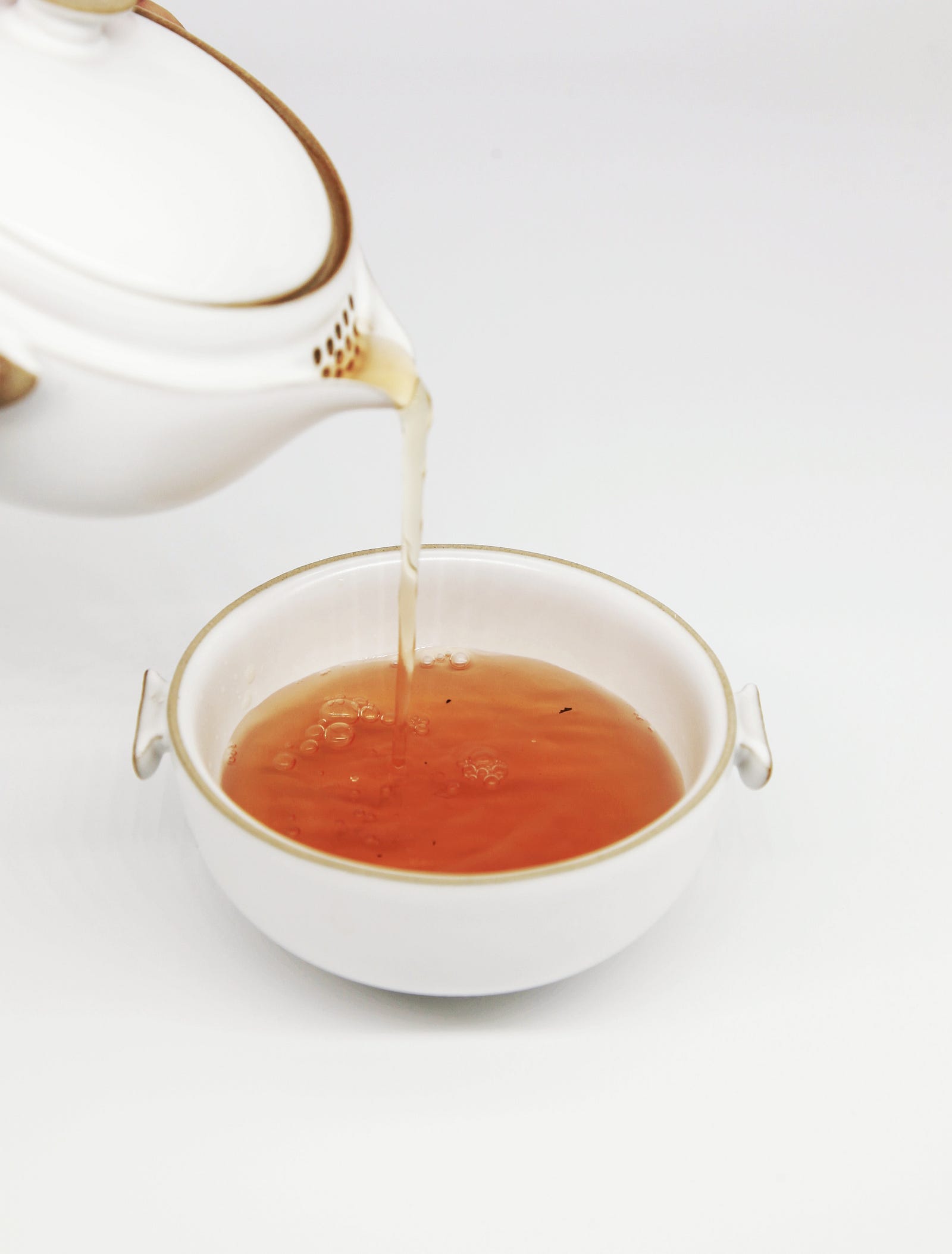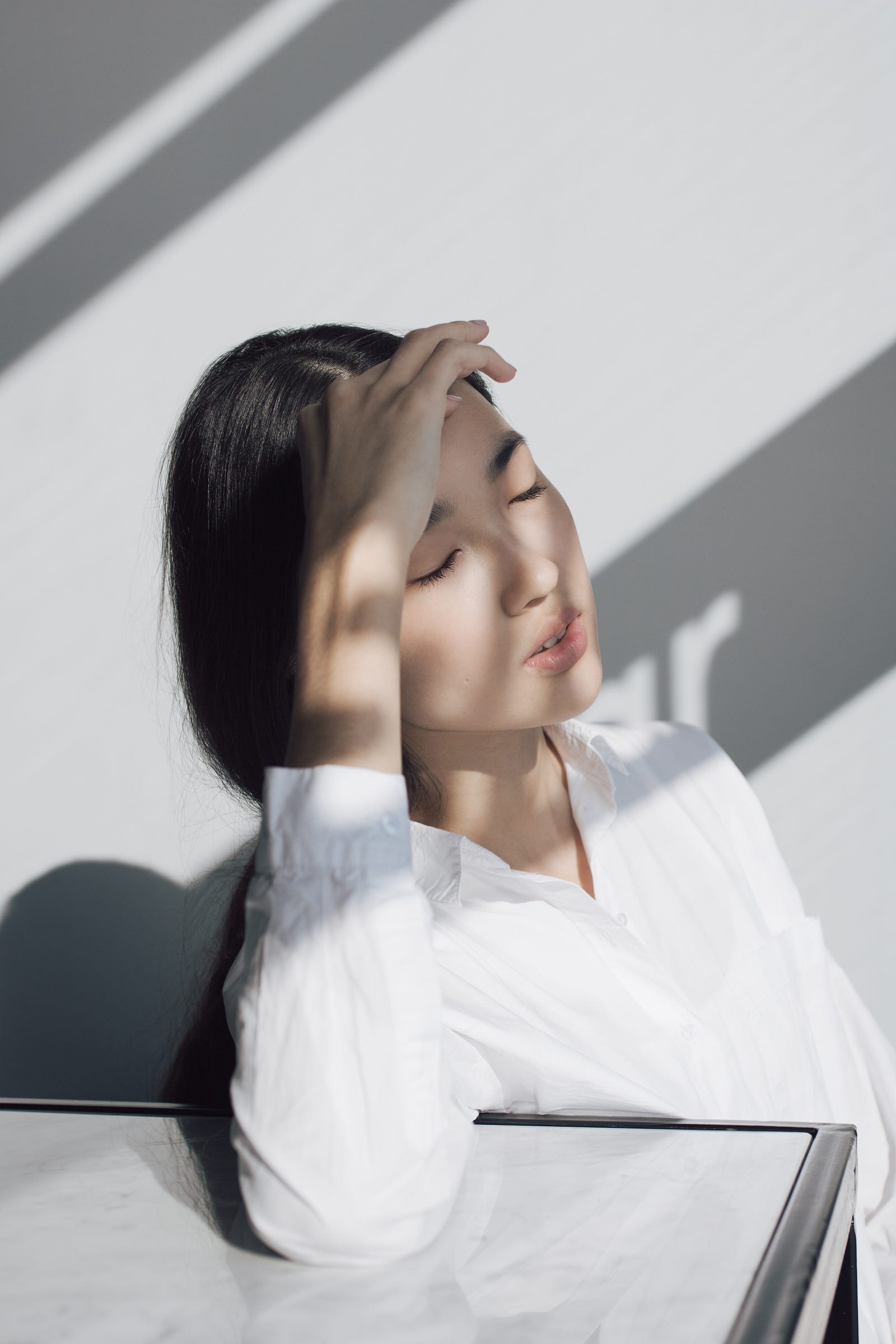APPROXIMATELY 83 PERCENT OF AMERICAN ADULTS report that they consume coffee, a significant source of caffeine for many individuals. Today we explore a strange caffeine benefit —headache relief.
American coffee consumption has soared to a two-decade high as people brew up new post-COVID routines, according to exclusive consumer polling in 2022 by the National Coffee Association (NCA). Here are the numbers:
Two out of three Americans drink coffee daily. This is more than any other beverage (including tap water), and up by nearly 14 percent since January 2021, the largest increase since NCA began tracking data.
Other key findings of the study include the following:
- Specialty coffee consumption hit a five-year high. Forty-three percent of coffee consumers chose specialty coffee in the past day, up one-fifth since a year prior.
- Lattes and cappuccinos are tied for America’s most popular coffee beverage, followed closely by plain espresso and cafe mocha.
- Forty-one percent of coffee drinkers use a drip coffee maker, followed by single-cup systems (27 percent), cold brewing (9 percent), and espresso machines (8 percent).
I am in the espresso machine-user category, with one of two Nespresso appliances brewing the Joe in the morning.

However, caffeine is also in tea, soda, energy drinks, and chocolate. Estimating the exact percentage of Americans who consume caffeine regularly is challenging. Still, it is likely to be a very high percentage considering how common caffeine-containing beverages and foods are in American culture. Today, we explore a strange fact about caffeine and health.
“What the hell makes you smart?” I asked.
“I wouldn’t go for coffee with you.”
“Listen — I wouldn’t ask you.”
“That,” she replied, “makes you stupid.”
― Erich Segal, Love Story
Let’s get to the five strange things you may not know about caffeine.
A strange caffeine benefits: Headache relief
Caffeine can trigger migraines and potential treatment, depending on the individual and the circumstances.
On the other hand, in some cases, caffeine can help alleviate migraine symptoms. Caffeine is a vasoconstrictor, which can help narrow blood vessels in the brain, relieving the pain associated with migraines. Furthermore, caffeine can enhance the effectiveness of pain-relieving medications used to treat migraines, such as acetaminophen and ibuprofen.
On the other hand, in some cases, caffeine can be used to help alleviate migraine symptoms. Caffeine is a vasoconstrictor, which can help narrow blood vessels in the brain, relieving the pain associated with migraines. Furthermore, caffeine can enhance the effectiveness of pain-relieving medications used to treat migraines, such as acetaminophen and ibuprofen.
It is important to note that the effectiveness of caffeine as a treatment for migraines varies from person to person and that excessive caffeine consumption can negatively affect health.
As with any health concern, it is always best to consult a healthcare professional for personalized advice and treatment recommendations.

Caffeine doses for headache relief
Caffeine doses of at least 100 milligrams enhance analgesic (aspirin, NSAIDs, or acetaminophen) benefits in migraine headaches. Doses of 130 milligrams can add to the effectiveness of analgesics for tension headaches.
The Sleep Foundation explains that hypnic headaches are a rare form during sleep. This headache type awakens the person; thus, hypnic headaches are also called “alarm-clock headaches.” The pain can wake an individual for 15 to 180 minutes (or more) and typically happens several times weekly.
Clinicians typically recommend strong coffee to prevent (and treat) hypnic headaches. Some patients will drink a cup of coffee before going to sleep.
While caffeine pills and caffeine-containing pain relievers can relieve hypnic headaches, regular use can lead to medication overuse headaches, a kind of rebound headache.
While caffeine pills and caffeine-containing pain relievers can relieve hypnic headaches, regular use can lead to medication overuse headaches, a kind of rebound headache.
The information I provided in this blog is for educational purposes only and does not substitute for professional medical advice. Please consult a medical professional or healthcare provider for medical advice, diagnoses, or treatment. I am not liable for risks or issues associated with using or acting upon the information in this blog.
Thank you for reading “A Strange Caffeine Benefit.”




